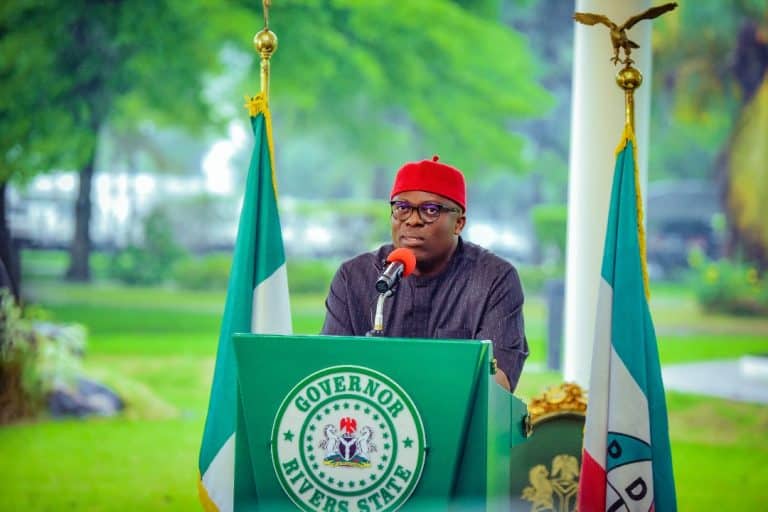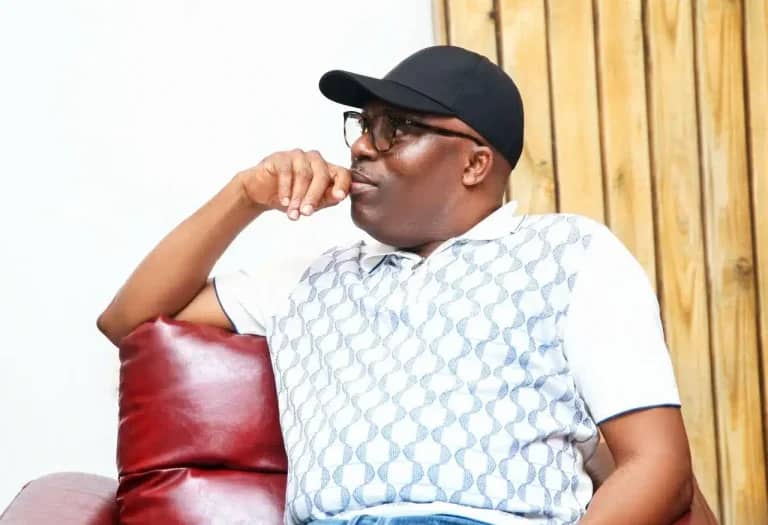Suspended Rivers State Governor, Siminalayi Fubara, is set to return to office on September 18, marking the end of a six-month state of emergency declared by President Bola Tinubu in March. The intervention, which followed a political crisis in the state, had placed Rivers under federal control, with retired Naval Rear Admiral Ibok-Ete Ibas appointed as sole administrator.
President Tinubu had earlier convened a peace meeting in Lagos on June 3 with Fubara, Minister of the Federal Capital Territory Nyesom Wike, and members of the Rivers State House of Assembly in a bid to reconcile the warring factions. That meeting produced a fragile truce intended to pave the way for Fubara’s eventual reinstatement.
However, fresh concerns have been raised about the governor’s autonomy once he resumes office. The Chairman of the Action Alliance in Benue State, Enemari John, speaking to BusinessDay, argued that Fubara’s return may see him reduced to a figurehead rather than an independent leader.
“He will be a rubber stamp governor, because his hands are now tied,” John stated, suggesting that political compromises made during the peace process could significantly weaken Fubara’s control of the state government.
The Action Alliance chieftain went further to caution the governor against allowing himself to become subservient to political godfathers. According to him, if Fubara finds himself unable to act in the best interests of the Rivers people, resignation should be considered as an honourable alternative.
“Fubara should be steadfast and let go. If they insist on him working for them, he should resign,” John advised, stressing that leadership should be driven by service rather than political subordination.
He added that Nigerian political history is full of examples of governors who allowed themselves to be dominated by their benefactors, only to find themselves politically and financially weakened at the end of their tenure.
The warning underscores the uncertainty surrounding Fubara’s position as he prepares to retake the reins of government. His suspension in March had stemmed from escalating tensions with Wike and the state assembly, sparking fears of instability in Rivers, a state critical to Nigeria’s oil revenues.
While the federal government’s intervention brought temporary calm, questions remain over whether the reconciliation will hold and if Fubara can govern with full authority. Political observers note that the outcome of his return could set an important precedent for the balance of power between governors and influential party figures in Nigeria.
For now, Rivers State awaits September 18, when Fubara will officially resume duties. Whether he emerges as a strong leader or a weakened governor constrained by political deals remains to be seen.





